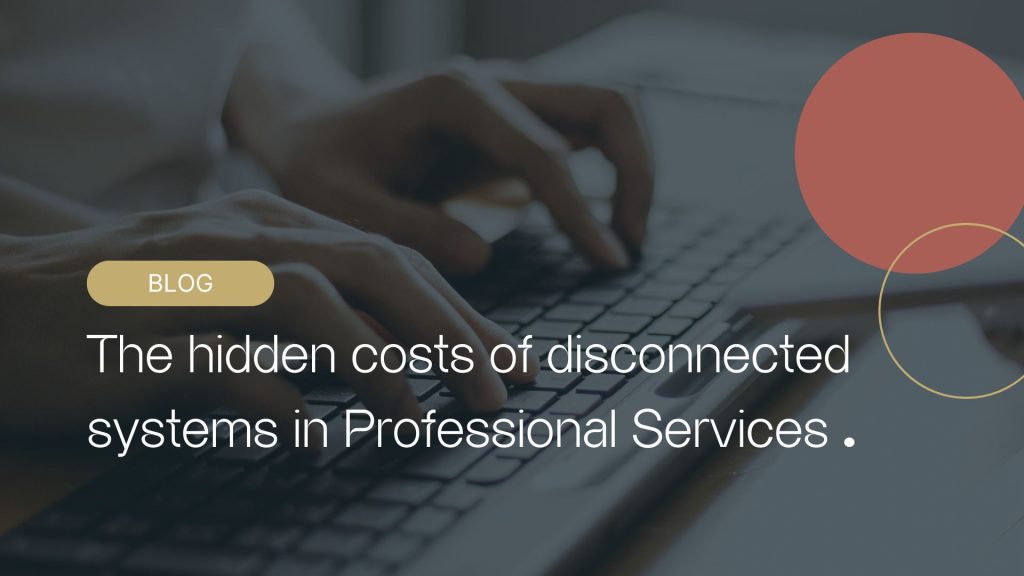
Does your NPO need an ERP System?
An ERP solution is the best tool for your organisation while managing donor records, performing audits, creating reports, managing pledges collection or establishing transparency around your operations.
The nature of a not-for-profit institution is not to chase profit and use the revenue to serve its mission. You most likely are not considering investing in IT as other commercial businesses, as you see that money is better spent on other bits and bobs. But there is something true; you still need to operate like a for-profit organisation to maximise how you best drive your mission.
The third sector has two different realities that might make investing in an IT solution challenging. The first one is that expectations are changing rapidly, and organisations need to adapt to meet the demand, and the second one is that the budgets are shrinking.

With proper Enterprise Resource Planning (ERP), nonprofit organisations can stop wasting time on tedious and time-consuming tasks. An ERP system is the best tool for your organisation when managing donor records, performing audits, creating reports, managing pledges collection or establishing transparency around your operations. It can also be very cost-effective since you can run it on the cloud instead of on-premise, saving you the need for hardware purchasing or having dedicated IT employees. You should always look for a scalable solution that can accommodate your requirements.
There are three key benefits of using a cloud ERP solution for a not-for-profit organisation:
1. Accountability
For NGOs, it is crucial to justify budgets and expenses. It is a way of securing more funding from grantors and other stakeholders, as they are very interested in how and where the money is spent.
An enterprise resource planning software will significantly help you improve your real-time financial reporting, allowing you to meet the stakeholders’ demand for accountability. This is the right tool to centralise documents in a single archive or track grant expenditure.
2. Transparency
Having a single version of the truth when seeing your financials will give your organisation accurate data for better reporting and informed decision-making. Stringent requirements on internal and external reporting make manual reporting no longer sufficient.
An ERP solution can automatically generate reports giving you accuracy promptly, so you can have peace of mind that transparency will be achieved.
3. Get more for less and become more efficient
Your NGO has a very tight financial budget, and due to the sector’s uniqueness, you encounter more management needs. Your budget can also be minimal, but you can overcome these difficulties by finding a lighter solution or getting a grant to fund this.
Once you acquire an ERP solution, you will control your money and resources more. Your new system will support your finance function by streamlining administrative processes, automating workflows and freeing staff to focus on what matters most. This will allow you to be more efficient with an impact on the bottom line, so you can invest in helping your public.
As we said at the start of this article, the lack of a profit does not mean that your not-for-profit institution can be less focused on its finances. Choosing the right ERP solution can help your organisation run more efficiently, be more appealing to donors, focus more on your mission and do more good.


